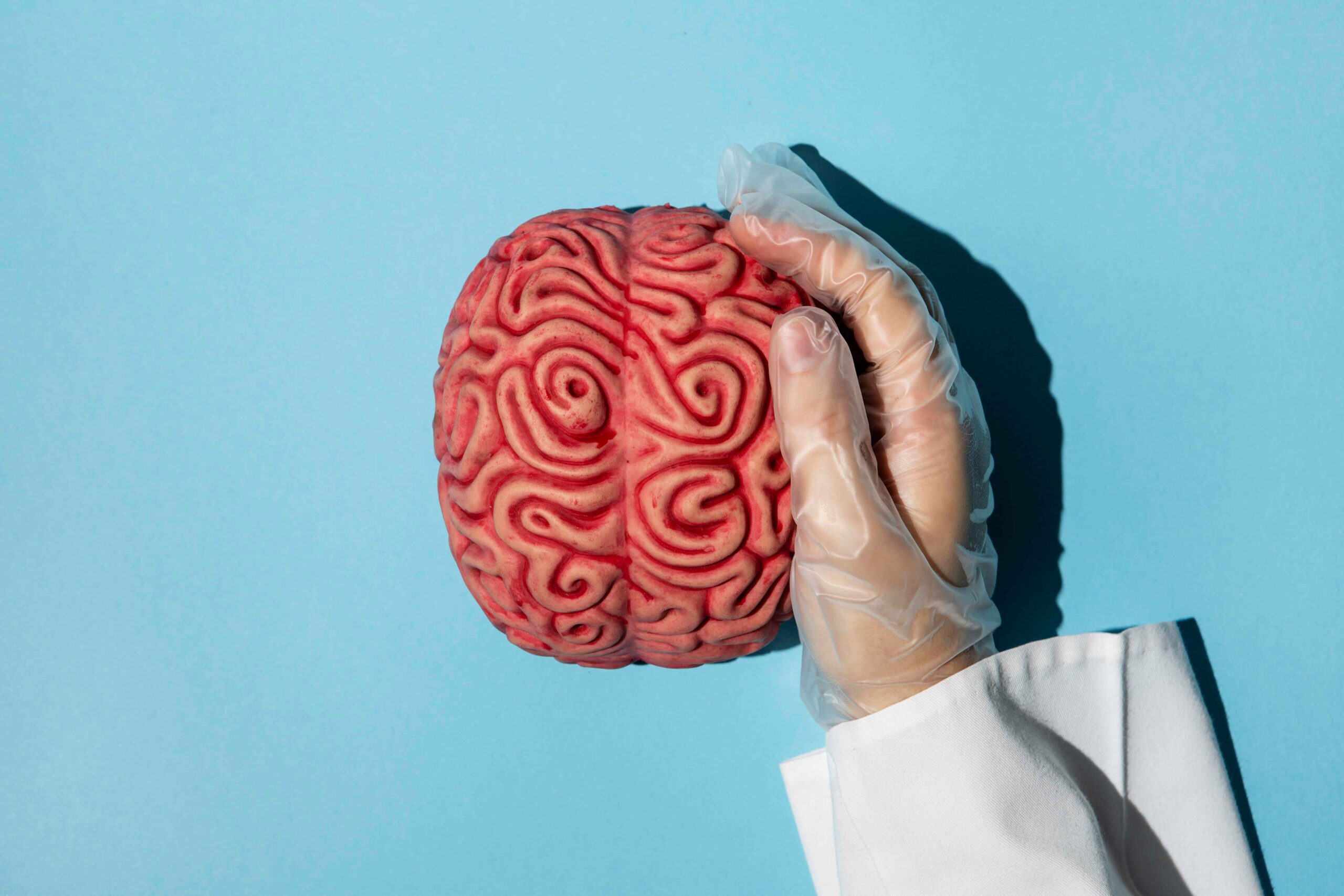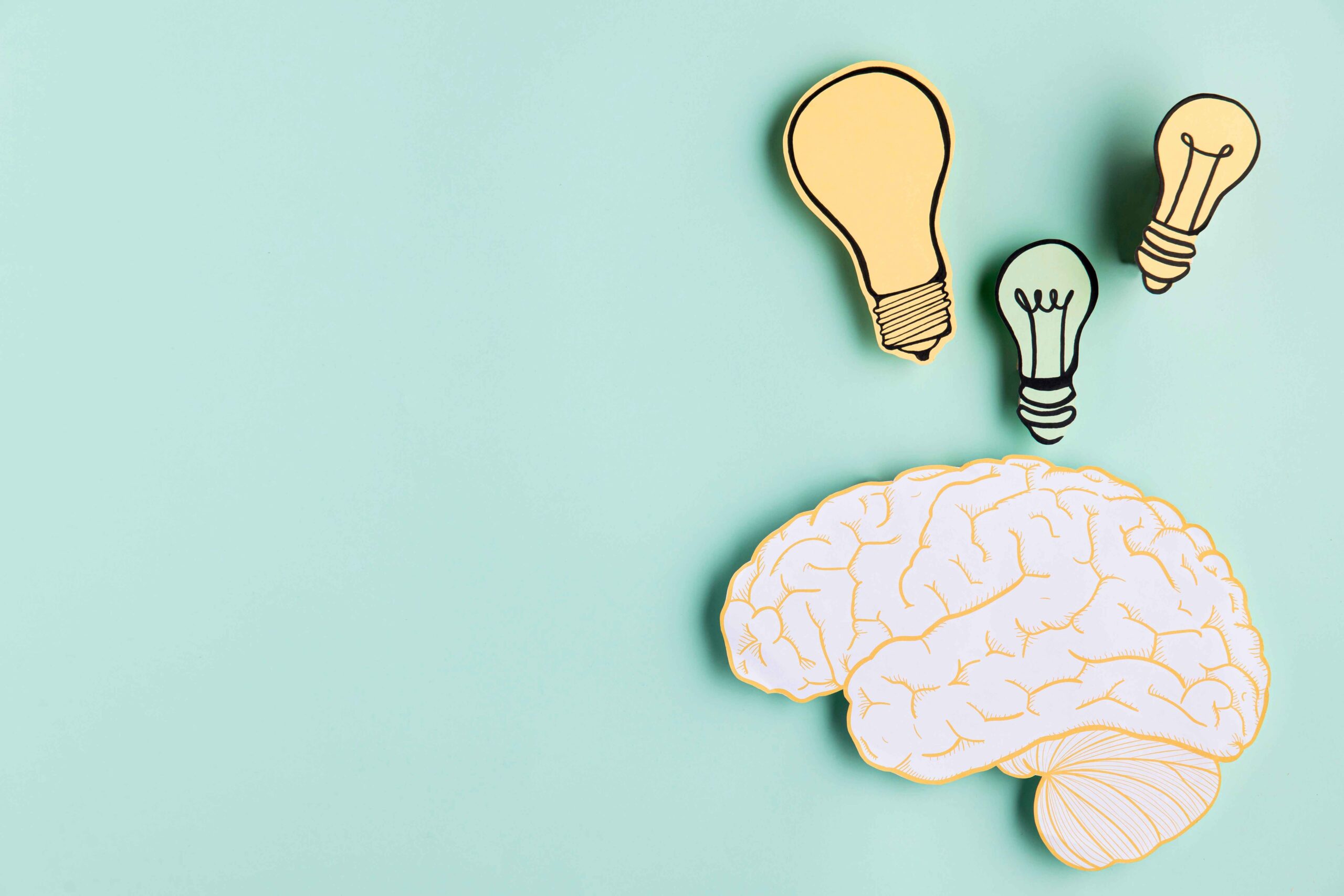How Long Does It Take To Rewire The Brain From Addiction?

Addiction is a tough opponent, and for those battling it, questions often arise about the journey to recovery.
One burning question is, “How long does it take to rewire the brain from addiction?” It’s an important question because understanding the timeline of recovery can provide hope and motivation.
In this blog post, we’ll explore the process of rewiring the brain from addiction in simple terms and offer insights on what you can expect along the way.
Remember, every journey is unique, but knowing that change is possible is a powerful first step.
What Does Addiction Do To The Brain?

Addiction profoundly impacts the brain, leading to various neurological changes and disruptions in normal brain function. Sometimes, you may feel that your heading is feeling heavy.
Here are some key ways addiction affects the brain:
Reward System Hijacking
Addiction alters the brain’s reward system. Normally, the brain releases dopamine, a feel-good neurotransmitter, in response to pleasurable activities like eating or socializing.
However, addictive substances or behaviours can cause an excessive release of dopamine, creating an intense, artificial sense of pleasure.
This reinforces the desire to repeat the addictive behavior.
Tolerance
With repeated exposure to addictive substances or behaviors, the brain can develop tolerance, which means it becomes less responsive to the same level of stimulation.
As a result, individuals may need increasing amounts of the addictive substance or behavior to achieve the same pleasurable effect.
Withdrawal
When the addictive substance or behavior is withheld, the brain can react with withdrawal symptoms.
These symptoms can be both physical and psychological, driving individuals to seek out the addictive substance or behavior to relieve the discomfort.
Cravings
Changes in the brain’s reward circuitry lead to intense cravings for the addictive substance or behavior.
These cravings can persist long after the substance or behavior has been discontinued and can be a significant driver of relapse.
Impaired Decision-Making
Addiction can impair the brain’s prefrontal cortex, which is responsible for decision-making, impulse control, and judgment.
This can lead to poor decision-making, making it difficult for individuals to quit the addictive behavior even when they recognize its harmful consequences.
Stress and Anxiety
Addiction can increase stress and anxiety levels in the brain. While the addictive substance or behavior may provide temporary relief, it ultimately exacerbates these negative emotional states, creating a vicious cycle.
Altered Learning and Memory
The brain’s ability to learn and form memories can be affected by addiction.
It can result in associations between addictive behavior and positive experiences, making it more challenging to break the cycle of addiction.
Structural Changes
Chronic substance abuse can lead to structural changes in the brain, such as reduced grey matter volume in certain areas. These changes can impact cognitive function and emotional regulation.
Loss of Control
As addiction progresses, individuals often lose control over their ability to moderate or stop their addictive behavior.
This loss of control is a hallmark of addiction and reflects the profound changes that have occurred in the brain’s reward system.
How To Rewire The Brain From Addiction?

Are you eager to know the right ways of rewriting your brain from addiction? We’ve got a complete plan for you:
Mindfulness and Meditation

Mindfulness and meditation are like mental exercises that help you stay calm and focused.
They teach you to pay attention to the here and now, which can be super helpful when dealing with cravings or stressful situations.
By practicing these, you can make better choices aligned with your long-term goals of staying healthy and happy.
Pro Tip: Make Use Of Essential Oils For Brain Fog.
Detoxification
Detoxification is like giving your body a fresh start, which is why it’s one of the best ways to rewire your brain from addiction.
It’s the first step in getting rid of harmful stuff from drugs or alcohol. Doing this safely with help from doctors ensures you start your recovery journey in the best way possible.
Cognitive Behavioral Therapy (CBT)
CBT is like a toolkit for your mind. It helps you understand and change unhelpful thoughts and behaviors.
With CBT, you learn that you have the power to make positive changes in your life, and that’s super valuable for your brain recovery.
Holistic Approaches

Holistic approaches are about taking care of your whole self – body, mind, and spirit. It’s like getting a full-body makeover.
Things like yoga, art, massage, and acupuncture help you feel good all over, and they remind you that you’re worth taking care of.
Replace the Addiction
This is about swapping out bad habits for good ones. Imagine trading a harmful habit for something that makes you feel awesome, like exercise or a fun hobby.
It’s a way to build a better life that’s more in line with your values.
Support Groups

Support groups are like teams of people who understand what you’re going through. They show you that you’re not alone in your struggles, and they’re there to cheer you on.
Having this kind of support is like having a bunch of friends who really get you, making it easier for you to rewire the brain from a possible addiction.
How Long Does It Take To Rewire The Brain From Addiction?

The time it takes to rewire the brain from addiction varies from person to person and depends on several factors, including the type and severity of addiction, the individual’s biology, their commitment to recovery, and the specific treatment methods used.
Here’s a general idea of the timeline:
Initial Detoxification
Detox is the first step in the recovery process, and it typically lasts from a few days to a few weeks, depending on the substance and the individual’s physical health.
This phase focuses on removing the addictive substance from the body and managing withdrawal symptoms.
Early Recovery
The early stages of recovery can last several months to a year. During this time, individuals work on building a foundation for sobriety.
They may be engaged in therapy, support groups, and learning coping skills to manage cravings and triggers in regard to the brain addiction.
Long-Term Recovery
Achieving long-term recovery often takes several years. The brain continues to adapt and heal during this time.
Individuals need ongoing support and treatment to maintain their sobriety and address any relapse risks.
Continued Maintenance
Recovery is a lifelong journey. Even after years of abstinence, individuals may need to stay engaged in support groups or therapy to prevent relapse and maintain a healthy, addiction-free life.
Final Verdict
When it comes to rewire the brain from addiction, time is a crucial factor, but it’s not the only one.
What truly matters is your commitment, the support you receive, and the steps you take toward a healthier, addiction-free life.
Remember that there’s no deadline for recovery; it’s a process that unfolds at its own pace.
Be patient with yourself, stay connected to your support network, and keep your eyes on the values that matter most to you.
Your brain can heal, and a brighter future is within reach.









